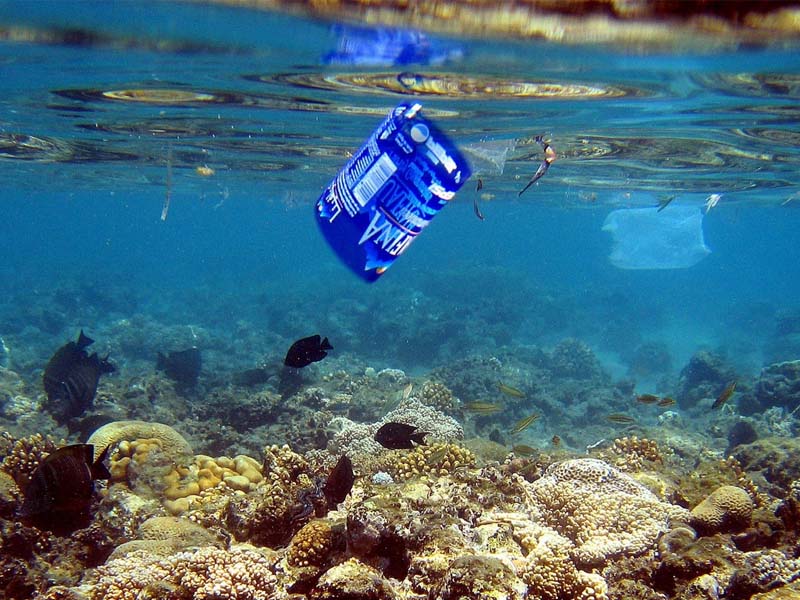The Economic Value of the Oceans Set to Reach $3 Trillion
While solutions to protect marine ecosystems already exist, funding must be significantly increased to ensure their preservation.
The World’s 5th Largest Economy Under Threat
Every day, the equivalent of 500 containers of plastic waste is dumped into the Mediterranean—where the 3rd United Nations Conference on the Ocean will take place this summer. The summit, hosted in Nice and Monaco, will focus on developing a sustainable blue economy and preserving marine biodiversity. Asset management firms have taken on this collective challenge, supporting companies that develop innovative solutions to protect marine life.
Threats to the Ocean
The Mediterranean is not alone. Globally, plastics make up 85% of total marine waste. An estimated 200 million tons of plastic debris pollute our waters, forming what is often referred to as the “7th continent.” As this waste breaks down into microplastics, it becomes omnipresent, with alarming consequences for human health. According to a WWF study, we ingest around 5 grams of plastic per week—the equivalent of a credit card.
Solutions at the Source
Addressing this crisis requires a coordinated global agreement. Companies and financial institutions, including LFDE and LBP AM, are actively participating in initiatives like the Business Call for a UN Treaty on Plastic Pollution to urge governments to adopt a global treaty against plastic pollution. The 6th international negotiation session on this issue will be held in Geneva this August.
As impact investors, we believe companies play a key role in developing solutions to protect our ecosystems. We support businesses that tackle the issue at its source, providing solutions to prevent poor waste management. One such approach is improving packaging composition to make it biodegradable and easier to recycle.
For instance, Swiss group SIG, which produces nearly 57 billion food packages annually, is the only company in the world to replace aluminum foil in its packaging—making it more recyclable and reducing waste pressure on biodiversity. Another pioneer, Norway’s Tomra Systems, designs and operates collection and recycling systems for packaging. This circular economy model is at the core of Tomra’s business, offering solutions for waste collection, sorting, and recycling, as well as for the mineral and food industries—all contributing to marine biodiversity conservation.
The World’s 5th Largest Economy
While solutions exist, funding must be significantly increased. Sustainable Development Goal (SDG) 14, dedicated to marine ecosystem protection, is currently the least funded of the UN’s 17 SDGs. Some of its key targets, such as 14.1—aimed at preventing and reducing marine pollution—are now being addressed by asset managers and companies developing water treatment technologies, including wastewater management and ballast water treatment to limit invasive species.
According to the OECD, the economic value of the oceans is expected to reach $3 trillion by 2030, making it the world’s 5th largest economy. Their preservation and the development of a sustainable blue economy are critical issues shaping the future.
Source: allnews




